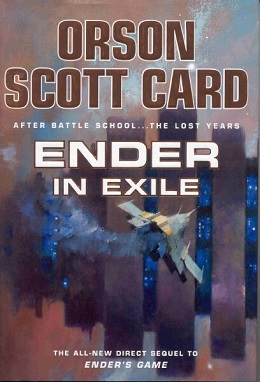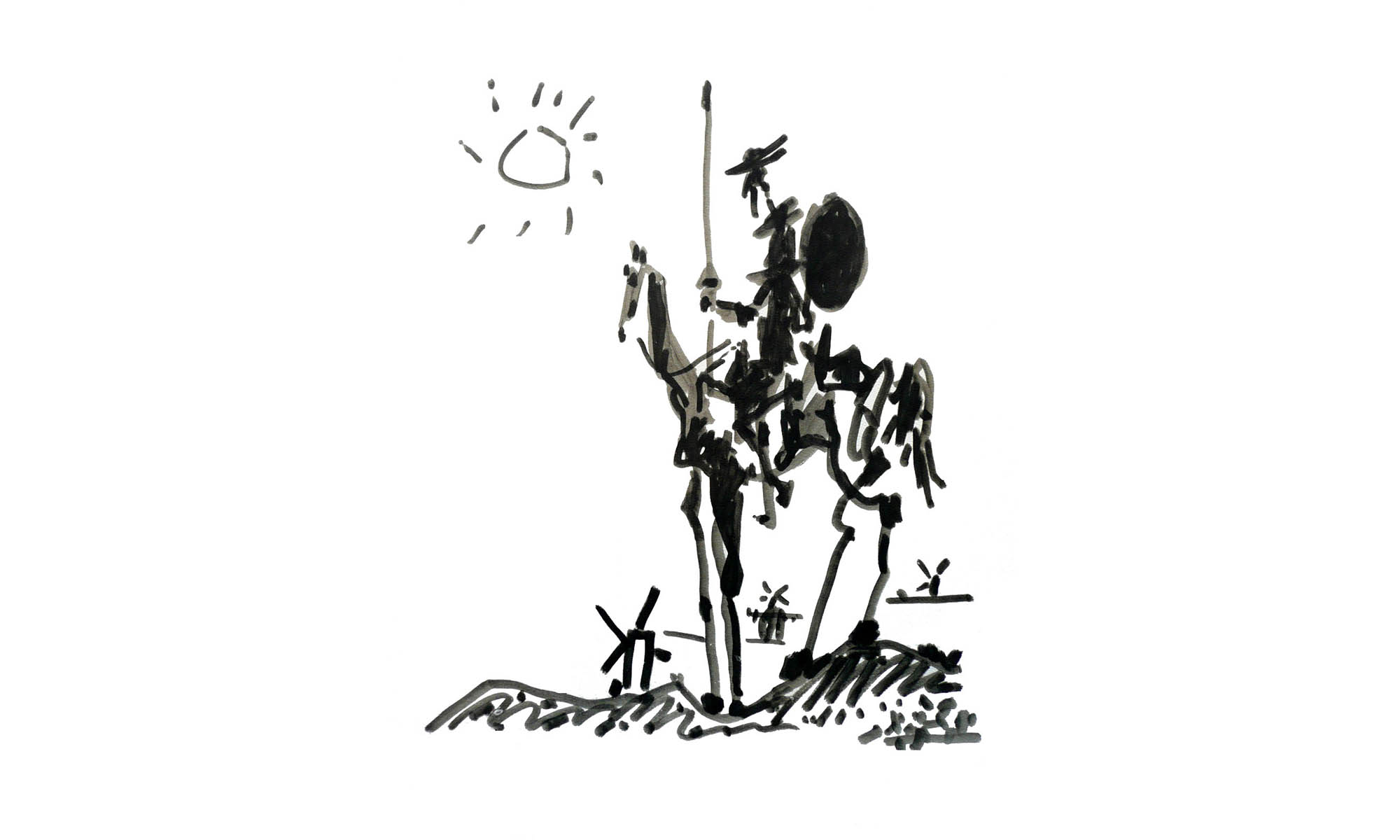[Originally posted November 20, 2008]
 Without a doubt, Orson Scott Card’s Ender’s Game is one of the most beloved science fiction novels of the last 30 years. The subsequent series and off-shoot series have shown Card’s ability to take both aspects — the action and the philosophy — of the original novel and expand them very well. And Ender’s Game is definitely one of my favorite novels ever.
Without a doubt, Orson Scott Card’s Ender’s Game is one of the most beloved science fiction novels of the last 30 years. The subsequent series and off-shoot series have shown Card’s ability to take both aspects — the action and the philosophy — of the original novel and expand them very well. And Ender’s Game is definitely one of my favorite novels ever.
As a result of that, I’ve actually written several essays about the novel while in school. One essay which I wrote in my college freshman English class compared and contrasted it with a novel by a Russian author, though I barely remember that essay at all anymore and I believe I lost the file several years ago when a hard drive crashed. Another essay was written for my science fiction literature class with John Kessel and in that essay I was evaluating the notion of hero in science fiction by examining several of the landmark novels in science fiction — Frank Herbert’s Dune, Alfred Bester’s The Stars my Destination, Ender’s Game, and possibly a fourth novel, though again my memory is fuzzy and the file is not currently available, though hopefully I’ll be able to find it.
When I was discussing this essay with Dr Kessel before writing it, he suggested that I find an essay which had been written by science fiction author and critic Norman Spinrad. In that article, Spinrad did the very same thing as I was planning, using those same three books that I named and one of his own novels. In his article, he actually took the same stance I did on the protagonists of Dune and The Stars my Destination being the standard hero and anti-hero, respectively. But he raised a very interesting point about Ender in Ender’s Game. Though he grows as a character and as a person, he doesn’t make a conscious decision, knowing the full repercussions of his action, when he destroys the Bugger homeworld and as such is in fact a failed hero, because a hero is the person who makes the tough decisions. Ender was under no pressure to make the right decision, he was just under the pressure of what he thought was very extreme training. And because he never had to make that decision, he was cheated by Card out of his chance to be a true hero. Spinrad says that the true story of Ender’s heroism was the story of his life from the end of the war to the time he is an adult while he comes to terms with the truth of what he did. It is the story between the end of Ender’s Game and Speaker for the Dead.
Ender in Exile is that story. But as Card notes in the after word of the novel, it really could not have been written without the Shadow series having been written first. But I’m not really sure how much Ender actually grows as a character in this story. Without providing any spoilers, all of his actions are made without any seeming struggle on his part and the only way he comes to any closure with the knowledge of his having committed xenocide is through no effort of his, but through the accidental discovery of the remaining bugger queen egg. And that event isn’t even the final culmination of the story. Instead a face-off with one of Bean and Petra’s lost children serves as such. And there, the growth is in Ender’s opponent, not in himself. Ender is locked into being the same person he was in the original series. There is no growth from the time he is 13 at the end of the war to the time he’s a fully grown man on his way to meet the third known sentient species on Lusitania in Speaker for the Dead.
Storywise, Ender in Exile is a very engaging book and does much to resolve some inconsistencies between the first series and the second and is successful at tying up most of the story lines left open at the end of Shadow of the Giant. At times, Card moralizes a bit too strongly, and though his respect for the men and women of the military is very appropriate with regard to events in the real world, they seem somewhat forced in the world of the story. And for the central character, it seems that Card has failed again. So, happy as I am to see this chapter in Ender’s story told, I’m disappointed that it didn’t come through for me the way I had hoped.


